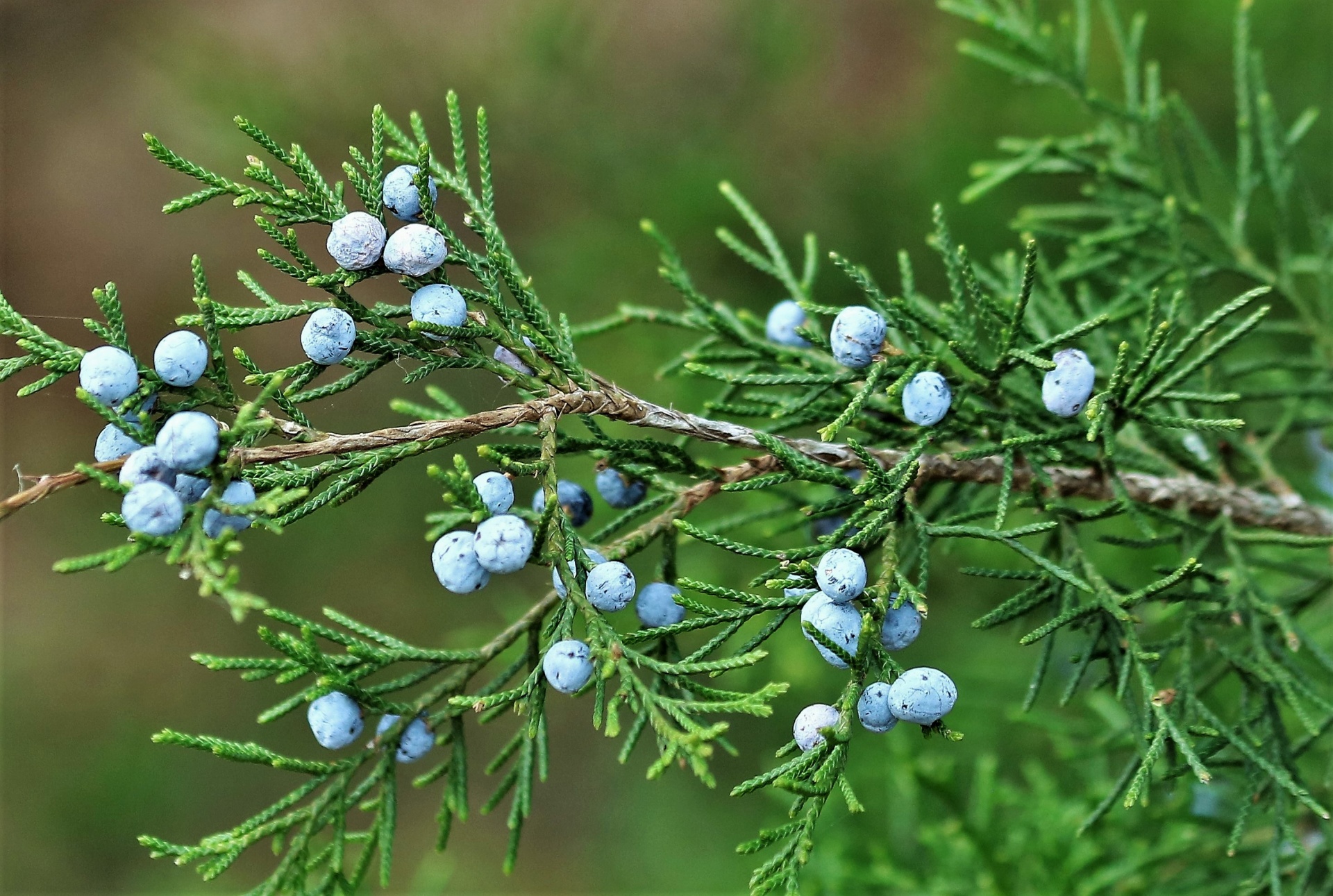

In addition, the berries also have anti-inflammatory properties that are ideal for relieving pain and inflammation related to rheumatism and arthritis. As a natural health remedy, a Juniper diuretic can help eliminate excess water retention, contributing to weight loss. Juniper Berries also help increase the flow of digestive fluids, improving digestion and eliminating gas and stomach cramping. These are just a few of the reasons why you’ll find juniper berries in both Jon Barron’s KGP Flush kidney cleanse formula and his Liver Flush Tea formula. One of the big benefits of juniper berries is that their antiseptic properties help remove waste and acidic toxins from the body, stimulating a fighting action against bacterial and yeast infections.

Juniper uses also include the treatment of infections, especially within the urinary tract, bladder, kidneys, and prostate. Juniper for Urinary & Reproductive System Health It is recommended by the German Commission E for kidney ailments. According to some sources, Juniper increases urine volume without a loss of electrolytes such as potassium. The volatile oils, particularly terpinen-4-ol, reportedly increase the rate of kidney filtration, thereby increasing urine flow and perhaps helping to “wash out” offending bacteria. TWEET #didyouknow Juniper berries help remove waste and acidic toxins from the body! Juniper for Kidney HealthĬontemporary herbalists primarily use a juniper diuretic (“water pill”) as a component of herbal formulas designed to treat bladder infections. As with most herbs, juniper berries also have vast medicinal uses as well. They can also be found in some beauty products like lipstick, foundation, eye shadow, hair conditioner, bubble bath, and bath oil. Today, you’ll find the berries used as a spice in northern European and Scandinavian cuisine. They also used the berries in many of their Olympic events because they believed that they helped increase physical stamina in athletes. Interestingly enough, the ancient Greeks recorded using juniper berries as a medicine long before mentioning their use of the berry in food. Not surprisingly, juniper also has a long medicinal history. The first thing to know about the juniper berry is that it is not actually a true berry, but rather a cone with a berry-like appearance. You may not be familiar with the juniper berry, but if you’ve ever indulged in a spot of gin, you will recognize the piney flavor of juniper. One of the big benefits of juniper berries is that their antiseptic properties help remove waste and acidic toxins from the body.


 0 kommentar(er)
0 kommentar(er)
